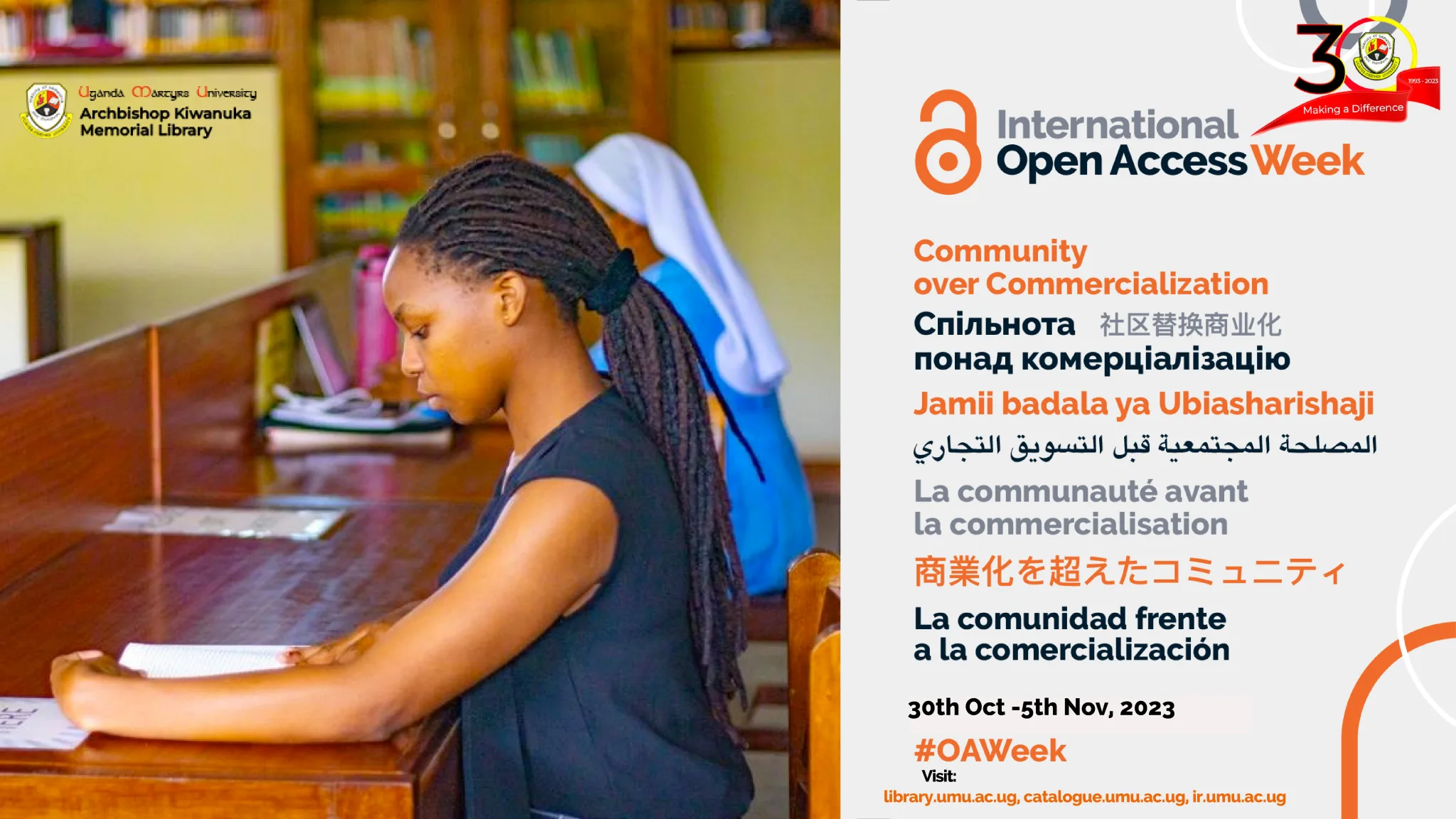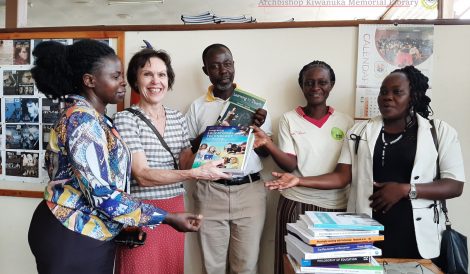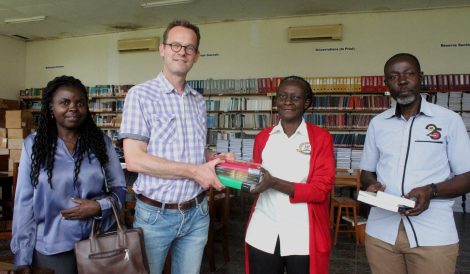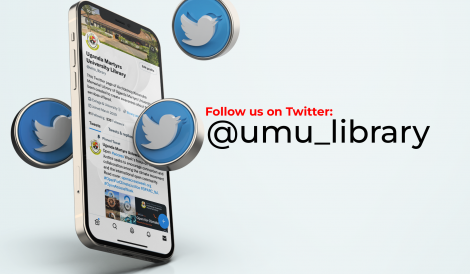Our Open Access week this year will run from to day 30th October 2023 to 5th November 2023 guided by the theme “Community over Commercialization”.
We are in an era of Open Science where the need to join the movement is emphasized. Open Science involves practices that aim at making scientific research and output more accessible, transparent and collaborative in accordance with fair principles. The key elements of Open Science include;
- Open Access: making research publications freely available to the public removing paywalls and subscription fees.
- Open data: sharing research data and datasets with the public and other researchers to promote transparency, reproducibility and reuse of data for further investigations.
- Open source: using and developing open-source software and tools for scientific research to foster collaboration and innovation.
- Preprints: Sharing research findings in preprint servers like arXiv and bioRxiv for review and quick feedback from the scientific community.
- Collaboration: among researchers both within and across disciplines hence interdisciplinary research to tackle complex issues.
- Open Education: Sharing educational resources and materials openly, enabling broader access to knowledge and educational opportunities.
All this is driven by the desire to accelerate the pace of scientific discovery, increase the quality and rigor of research and address issues of transparency, inclusivity and accountability.
For researchers it is advisable to create accounts and obtain persistent identifiers such as,
- Google scholar
- ORCID (Open Researcher and Contributor ID) Identifies an individual researcher.
- DOI (Digital Object Identifier) makes content discoverable and for visibility it is better to share DOIs instead of PDFs of your publications.
- ROR (Research Organization Registry) maps organizations to identify where the researcher comes from.
All these come with a lot of benefits such as reputation building, Interoperability, continuity, discoverability, networking and capacity building among others. Details of how to create accounts are herewith attached.
Education is the passport to the future, for tomorrow belongs to those who prepare for it today.
― Malcolm X




